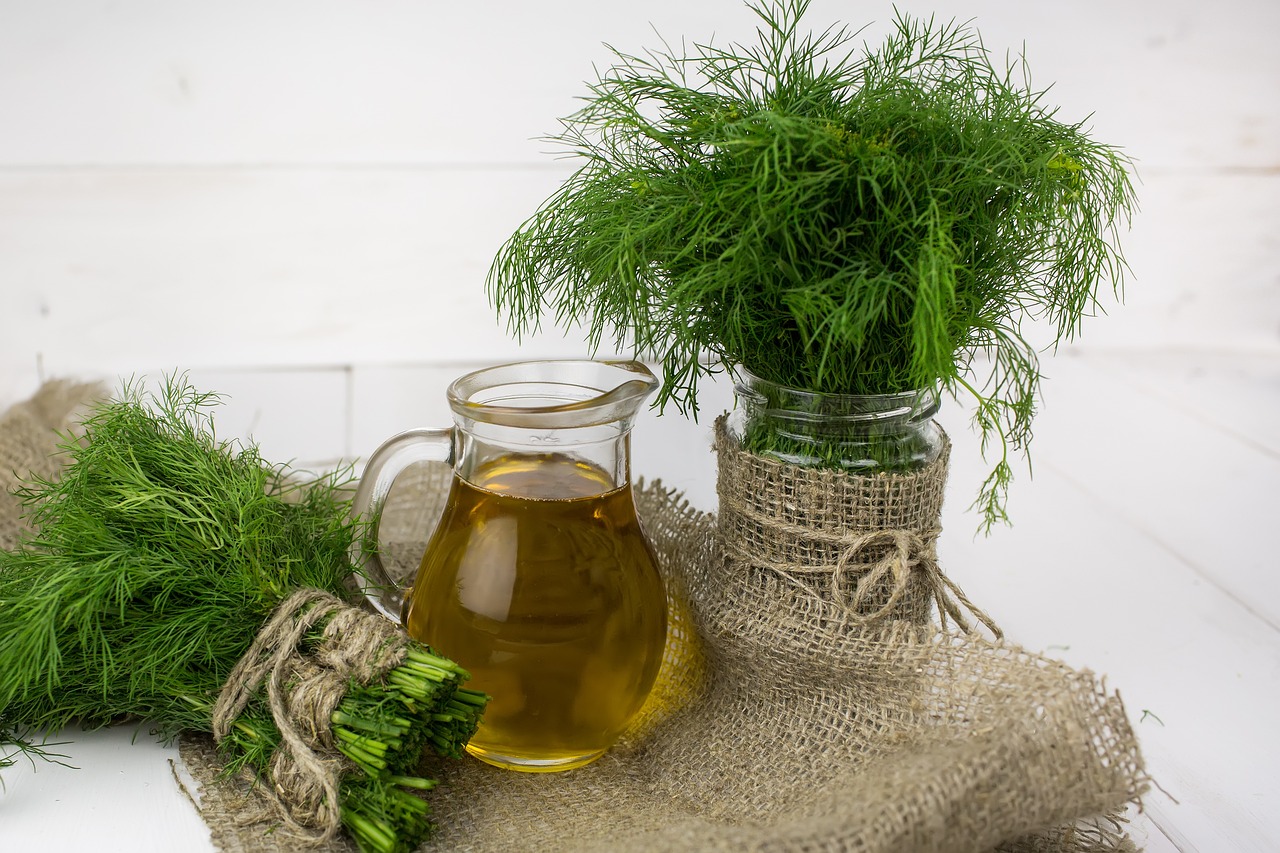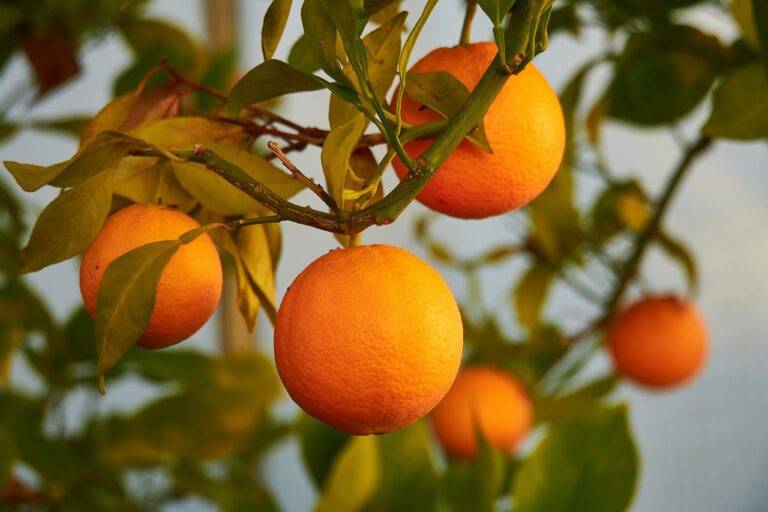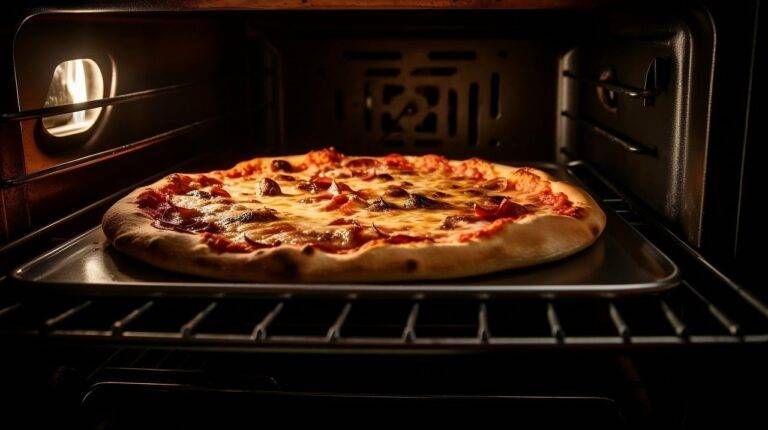A Guide to Cooking with International Spices and Seasonings
Experiencing international cuisine opens up a world of diverse spices and seasonings that can elevate your cooking to new heights. From the pungent aroma of Indian garam masala to the vibrant hue of Spanish saffron, each spice offers a unique flavor profile that reflects the culture it hails from. With ingredients like Chinese five-spice, Thai curry powder, and Mexican chili powder, the possibilities for creating globally inspired dishes are endless.
Exploring international spices allows you to infuse your dishes with complexity and depth, taking your taste buds on a culinary adventure around the world. Whether you’re adding a pinch of Japanese wasabi for a fiery kick or sprinkling Moroccan ras el hanout for a fragrant, aromatic twist, incorporating these exotic flavors into your cooking can truly transform a simple recipe into a memorable culinary experience. Embrace the diversity of international spices and seasonings to bring a new dimension of flavor to your kitchen creations.
Exploring the Flavor Profiles of Different Spices
When it comes to exploring the vast world of spices, each one offers a unique flavor profile that can elevate any dish. Take cumin, for example, with its warm and earthy notes that add depth to both savory and sweet recipes. Alternatively, the bright and citrusy profile of coriander can bring a refreshing and zesty twist to your cooking.
Furthermore, the aromatic and slightly licorice-like taste of fennel seeds can provide a distinct flavor to dishes, especially when used in Mediterranean or Indian cuisines. Similarly, the pungent and peppery kick of cloves can add a spicy complexity to both savory and dessert recipes. Each spice brings its own set of flavors and characteristics that can transform a simple dish into a culinary masterpiece.
Tips for Properly Storing Spices and Seasonings
Properly storing spices and seasonings is crucial for maintaining their freshness and flavor potency. To ensure maximum longevity and quality, it is recommended to store spices in a cool, dark place away from direct sunlight and heat sources. Exposure to light, heat, and moisture can cause spices to lose their flavor and aroma more quickly.
Additionally, storing spices in airtight containers can help preserve their freshness by preventing air and moisture from seeping in. It is advisable to label containers with the date of purchase to keep track of their shelf life and avoid using expired spices. Easy access and proper organization of spices can also contribute to a more efficient cooking process and enjoyable culinary experience.





